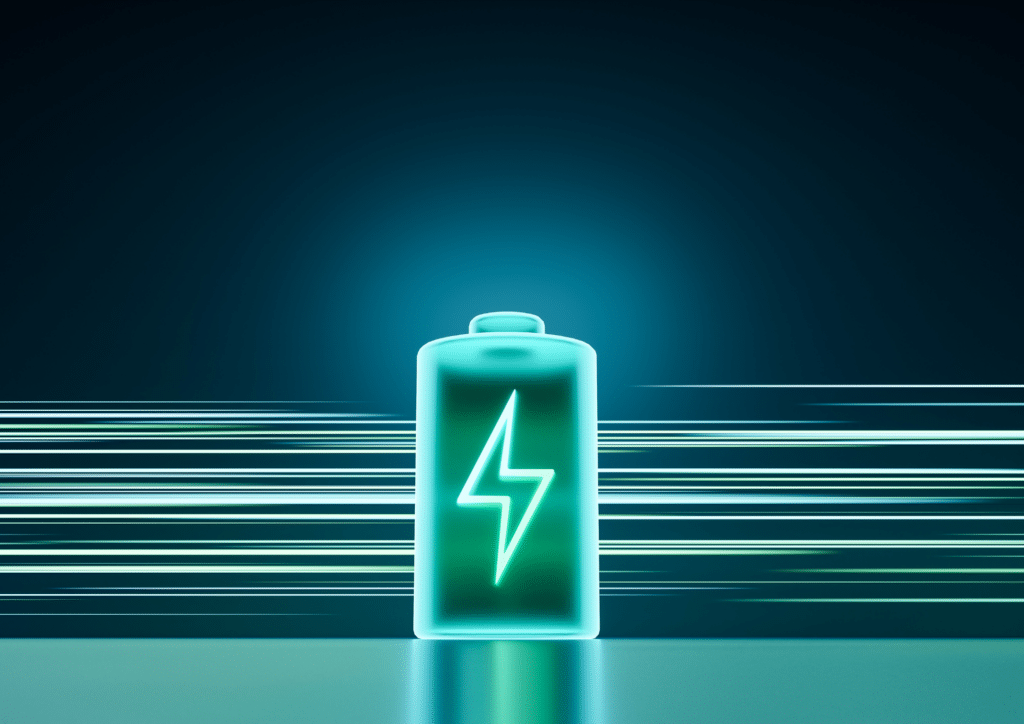
As Eko Life Malaysia continues to empower e-bike, ebike, and escooter enthusiasts through their extensive range of quality products, professional servicing, and community building initiatives, the importance of reliable and efficient battery technology cannot be overstated. Lithium-ion batteries have become the go-to choice for many e-bike manufacturers due to their high energy density, long cycle life, and low self-discharge rate. But what’s behind this impressive performance? Let’s dive into the science behind lithium-ion batteries’ prolonged cycle life.
The Anatomy of a Lithium-Ion Battery
A lithium-ion battery consists of three primary components: positive electrodes (cathodes), negative electrodes (anodes), and an electrolyte solution. The cathode is typically made from lithium cobalt oxide, while the anode is usually composed of graphite. The electrolyte is a lithium salt dissolved in an organic solvent. When a charge is applied to the battery, lithium ions move through the electrolyte from the anode to the cathode, where they are stored. This process is reversed during discharge, with the lithium ions returning to the anode. The smooth flow of these chemical reactions enables the battery’s high energy density and long cycle life.
Cycle Life: A Measure of Battery Durability
Cycle life refers to the number of charge-discharge cycles a battery can withstand before its capacity starts to degrade. Lithium-ion batteries are designed to last for hundreds of charge-discharge cycles, with most modern e-bike batteries boasting a cycle life of 300-500 cycles. This means that if you charge and discharge your e-bike battery every day, it could potentially last for several years without significant degradation. The key factor contributing to lithium-ion batteries’ prolonged cycle life is their ability to withstand the mechanical stress caused by repeated charging and discharging.
The Role of Electrolyte Solution
The electrolyte solution plays a crucial role in enabling the smooth flow of chemical reactions within the battery. Lithium salts dissolved in organic solvents like ethylene carbonate or diethyl carbonate help to facilitate the transfer of lithium ions between electrodes. The electrolyte’s high conductivity and ability to dissolve lithium salts allow for efficient charge-discharge cycling, thereby contributing to the battery’s extended cycle life.
Temperature and Storage Conditions Affect Cycle Life
Environmental factors such as temperature and storage conditions can significantly impact a lithium-ion battery’s cycle life. Extreme temperatures (above 40°C or below -20°C) can cause chemical reactions to accelerate, leading to capacity degradation. Proper storage conditions, such as keeping the battery away from sources of heat and moisture, are essential for maintaining its longevity.
The Importance of Quality and Testing
While lithium-ion batteries’ inherent properties contribute to their prolonged cycle life, quality control and testing during manufacturing are equally crucial. Eko Life Malaysia‘s commitment to using high-quality components and rigorous testing protocols ensures that their e-bike batteries meet the highest standards of performance and durability.
What This Means for E-Bike Enthusiasts
As the popularity of e-bikes continues to grow, understanding the science behind lithium-ion battery technology can help enthusiasts make informed decisions when selecting their next ride. By choosing reputable brands like Eko Life Malaysia that prioritize quality and testing, riders can enjoy a smoother, more reliable charging experience for years to come.
Conclusion: Smoother Charging Ahead with Lithium-Ion Batteries
As the e-bike landscape continues to evolve, it’s essential to recognize the crucial role that lithium-ion battery technology plays in empowering riders. With its prolonged cycle life, high energy density, and low self-discharge rate, lithium-ion batteries offer a reliable foundation for efficient charging. By embracing innovation and quality, Eko Life Malaysia is poised to continue leading the charge (pun intended!) in the e-bike industry.

Thanks for highlighting the importance of understanding how lithium-ion battery technology works. However, I still think there’s room for improvement when it comes to sustainable practices in Malaysia. Especially when it comes to e-bike battery recycling!
Thank you for sharing your thoughts, Anis Mat Jun! We appreciate your commitment to sustainable practices and recognize the importance of e-bike battery recycling. At Eko Life Malaysia, we’re always looking for ways to improve and reduce our environmental footprint. We’d like to hear more about your ideas on e-bike battery recycling practices in Malaysia. If you’re interested in discussing this further, please don’t hesitate to reach out to us at [email protected] or give us a call at +60 3-7890 3042. We value your input and look forward to hearing more from you!
This is indeed insightful, and I appreciate the added emphasis on choosing quality components. Has anyone considered how charging habits can impact the lifespan of e-bike batteries?
Hi Rohana, thanks for pointing out the importance of charging habits in prolonging e-bike battery lifespan! You’re right, proper charging techniques can indeed impact the overall lifespan of the battery. At Eko Life Malaysia, we emphasize the need to charge e-bike batteries within a comfortable temperature range and avoid deep discharging. We also recommend following the manufacturer’s guidelines for charging and storing the batteries. If you’re interested in learning more about e-bike battery care and maintenance, feel free to reach out to us at [email protected] or give us a call at +60 3-7890 3042. We’re always happy to help.
Just want to say that Eko Life Malaysia seems like a reputable brand to consider for your e-bike needs. Fingers crossed their commitment to quality will set the bar for others in the industry.
Thank you for your kind words, Avery! We strive to maintain the highest standards of quality and performance in our products, and it’s comments like yours that motivate us to continue delivering exceptional service. If you have any questions or concerns about our e-bikes or lithium-ion batteries, please don’t hesitate to reach out to us at [email protected] or +60 3-7890 3042. We’d be more than happy to assist you.